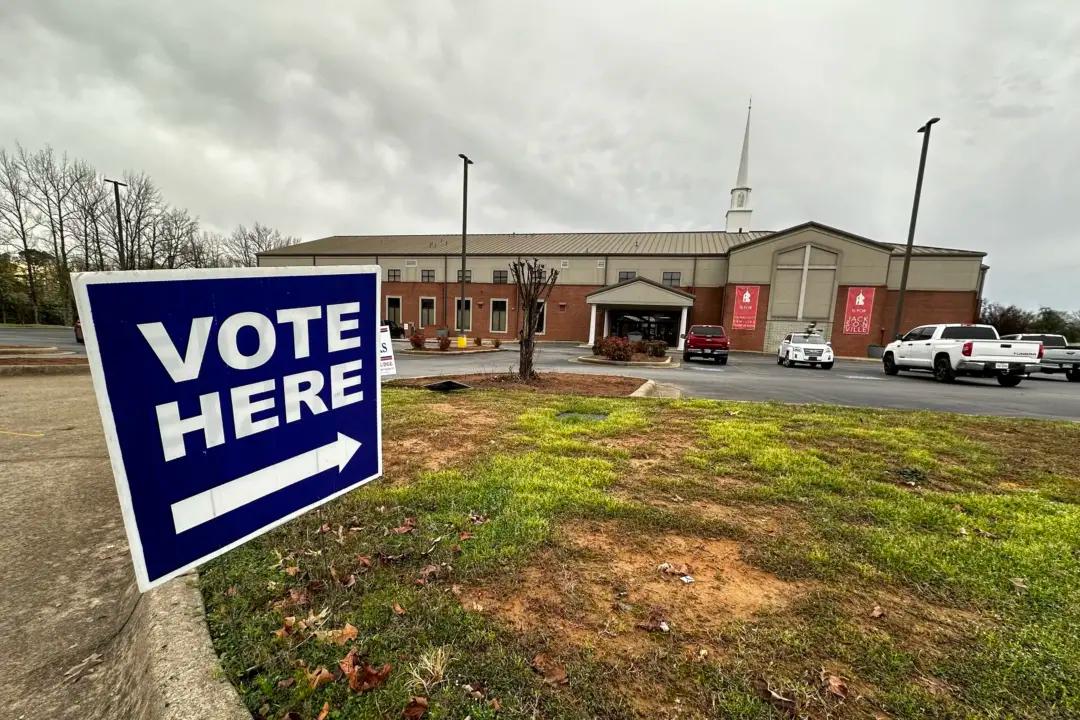The Arkansas Supreme Court has blocked a proposed state constitutional amendment that would have expanded access to marijuana, citing misleading language that was not clear to voters as the key reason for barring the Secretary of State from canvassing or certifying any ballots cast for the proposed amendment during the Nov. 5 election.
In a 4–3 ruling issued on Oct. 21, the state’s highest court sided with an advocacy group that opposed the proposed ballot measure, which aimed to modify parts of a 2016 medical marijuana-related constitutional amendment, broadening medical access to marijuana, allowing recreational use if federally decriminalized, and making it harder for lawmakers to undo the changes in the future if the proposed amendment were to be adopted.





